Businesses, community organizations, and post-secondary institutions naturally see partnerships with K-12 schools as opportunities to introduce their job opportunities or academic programs to an upcoming generation.
More than 20 businesses, universities, and community organizations supported them in their work. The community partners included 412 Food Rescue, Allegheny Land Trust, Carnegie Mellon University, Chatham University – Eden Hall Campus, Covestro, Dagostino Electronic Services (DES), DMI Companies, Duquesne University, Elliott Group, Koppers, Phipps Conservatory, Pitt-Mascaro Center for Sustainable Innovation, Pitt Pantry, PITT OHIO, PPG Industries, S&B USA eMobility, St. Vincent College, Thriftsburgh, UPMC/UPMC Health Plan, and Urban Design Associates.
But the Student Sustainability Design Challenge (SSDC), which the Consortium hosts in cooperation with the Energy Innovation Center, attracts these partners for other reasons as well. Some see it as an opportunity to help develop new talent. Others enjoy the chance to showcase their own sustainability work and, for all, it’s an opportunity to give back.
As part of this year’s SSDC, teams of students from 11 districts and two career and technical centers designed projects aimed at helping their schools or communities make progress toward any one of the 17 United Nations Sustainable Development Goals (SDGs).
To Covestro, which worked with a Spanish language class from Highlands High School, participating appealed for a combination of reasons, said Ben Renwick, the company’s STEM Education Lead.
For one, Covestro and other employers benefit from programs like SSDC “because these are the future workers of tomorrow and if they can start contributing to the kinds of projects businesses might be focusing on today, they’re going to be better prepared to attack those types of challenges whenever they get into the workplace.”
Also high among reasons for participating, “It’s a feel-good thing,” Renwick added, “It feels good for our employees to be able to share their expertise and their knowledge. It’s a way we can contribute to our communities, not just from a donation standpoint, but by working closely with a school district and students to make an impact.”
Carnegie Mellon University’s Green Practices & Sustainability Manager, Deborah Steinberg, said she also gets satisfaction from working with students and was drawn to SSDC because “I just like to support educational endeavors.”
She said she enjoyed being paired with Bethel Park High School because its team was working on a stormwater management project, and she was able to show them similar work that’s been done on the CMU campus.
Renwick pulled together meetings between the Highlands students and Covestro’s Spanish speaking employees, including a group in Mexico who shared tips from a community recycling program they run.
Students benefited tremendously from the “real world” exposure our community partners were able to bring, said Highlands Spanish teacher, Laura Fleischer Proaño, adding, “My students were actually able to present the projects they created in Spanish and get feedback” from Spanish speaking employees at Covestro’s Robinson Township headquarters.
Presentation experiences are important and too often left out of student learning, she said, noting that getting feedback and praise for their fluency from native speakers “was really validating” for her students.
For more impressions and student feedback from the SSDC, take a minute to watch a video from the culminating event.
______________________________
The Consortium extends its thanks to all partners and, especially to sponsors of the SSDC presentation event, including Covestro LLC, Elliott Group, Koppers, PITT OHIO, PPG Industries, S&B USA eMobility, UPMC, and UPMC Health Plan.






